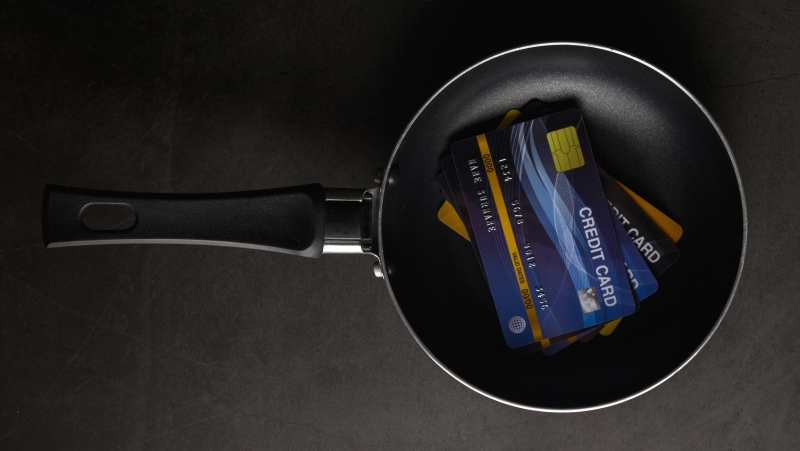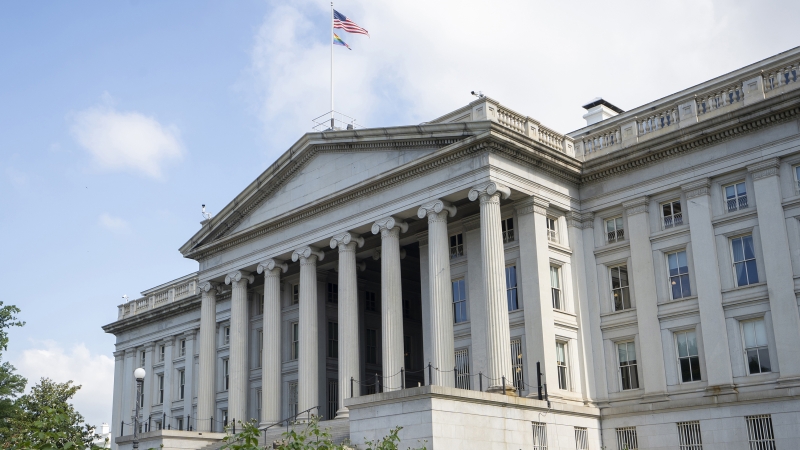Most are aware there’s been a significant shift in the housing market, as higher interest rates and high housing prices have prompted many potential first-time buyers, move-up buyers and downsizers to put their plans on hold. But today’s market is especially tough on low- to moderate-income consumers, many of whom have been saving money for years only to be sidelined by a global pandemic followed by soaring interest rates.
There are, of course, some bright spots. One of them has been the impact of new online platforms for exchanging mortgage notes, which are opening opportunities for banks, lenders, and even non-profits to generate liquidity so they can sell more loans. More importantly, perhaps, is that these platforms are helping to build stronger communities, despite inflation and increasing signs of a recession.
The Habitat Connection
It isn’t easy being a non-profit organization these days. In fact, according to a December 2021 survey by the Federal Reserve Bank of St. Louis, the COVID pandemic hit the nonprofit sector particularly hard, especially entities dedicated to providing affordable housing.
The pandemic impacted non-profits in two ways, according to the survey. First, it increased demand for food, shelter and other needs among Americans who were laid off or experienced healthcare emergencies during the shutdown. Second, social distancing mandates disrupted the ability of non-profits to raise money through events like dinners, auctions and poker tournaments. While the pandemic’s impact is fading and many of these events can now be held, 61% of non-profits are still experiencing disruptions that impact their ability to provide services, the survey found.
These challenges aren’t lost on Habitat for Humanity, the world’s largest not-for-profit home builder, or for the 1,200 Habitat for Humanity Affiliates around the world. What many people may not realize, however, is that each Habitat Affiliate is operated independently. They each have an agreement with Habitat for Humanity to use the nonprofit’s branding and other elements of their homebuilding program, but it is up to each Affiliate to determine how to raise money to build homes.












